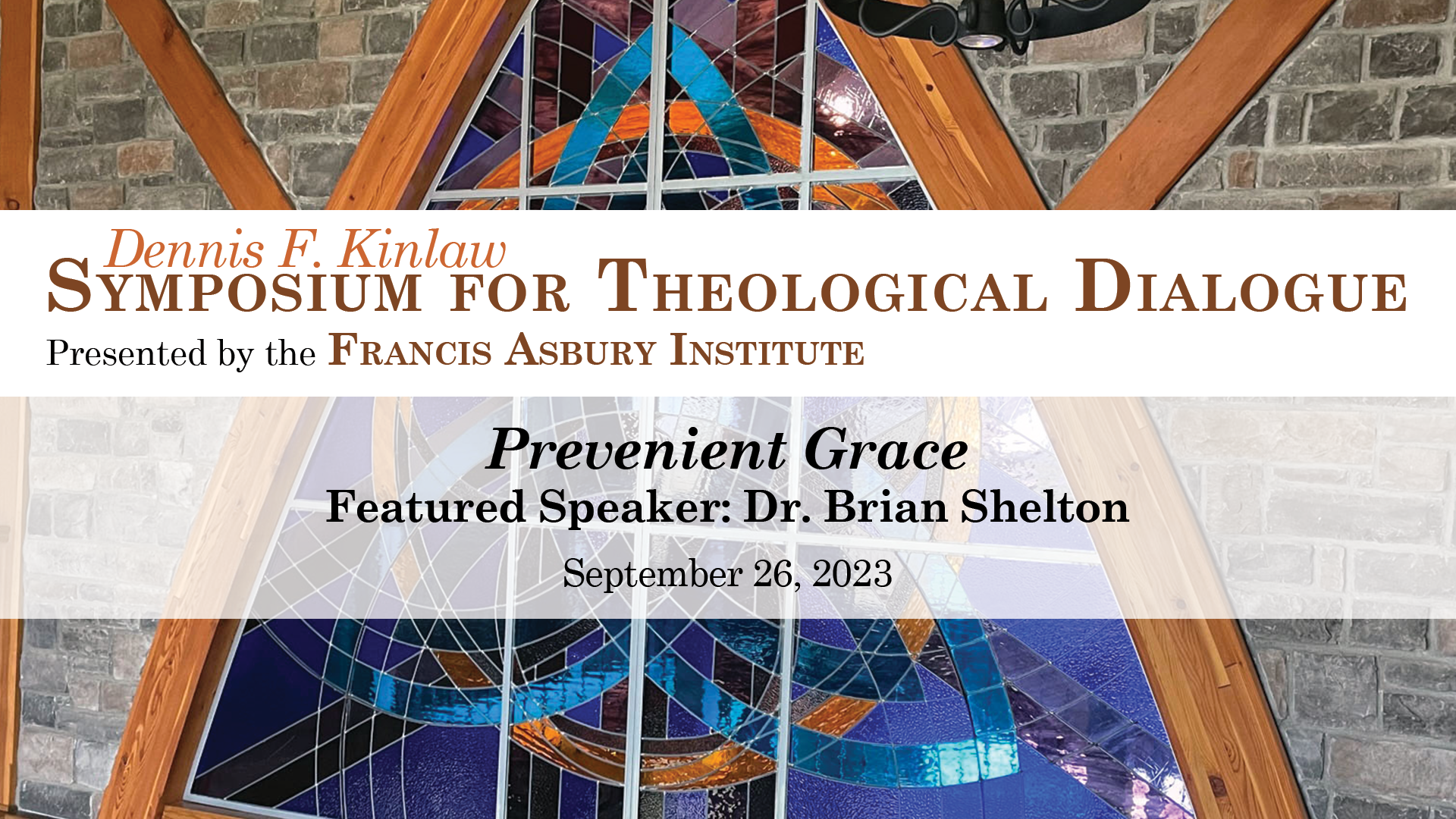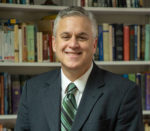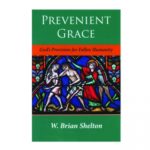
- This event has passed.
DFK Symposium: Prevenient Grace
September 26, 2023

Colin Williams concluded that Wesley’s emphasis on preliminary grace enabled him to break “the chain of logical necessity” that seemed to be the inevitable consequence of original sin. But does Scripture teach this concept? A leading evangelical theologian dismissed it, saying, “The problem is that there is no clear and adequate basis in Scripture for this concept of a universal enablement. The theory, appealing though it is in many ways, simply is not taught explicitly in the Bible.”
However, Dr. Brian Shelton, chair of the Christian Studies and Philosophy Department at Asbury University, has written a solid introduction to the doctrine of prevenient grace from a biblical, historical, and theological perspective. He makes a case for original sin, conditional election, prevenient grace, and the universal opportunity for all to believe.
In this symposium Dr. Shelton will deliver the keynote address. After lunch there will be a panel discussion on the topic:
- Dr. Chris Bounds will represent the thought of Arminius.
- Dr. Suzanne Nicholson will represent the implications to systematic and practical theology.
- Rev. Bill Kierce
REGISTRATION IS NO LONGER AVAILABLE
Speakers
 Dr. Brian Shelton has worked in higher education for twenty years at four Christian colleges, serving as professor and as academic dean. He holds a Ph.D. in historical theology centered on early Christianity. His areas of interest include the early church in Rome, patristic exegesis, martyrdom, and Italian religious history. He has led several study tours in Europe, finding on-site experiences to be one of the best ways for students to grasp the significance of history. These have included Luther in Germany, Bonhoeffer in Berlin, the Renaissance in Florence, the early church in Rome, and the Holocaust in Poland. Brian spent ten years in biology research, recently leading a medical and sustainable development mission experience to Honduras. He is a CCCU Leadership Development Institute Fellow, a Georgia Governor’s Teaching Fellow, and a senior fellow with the John and Charles Wesley Center for Christian Thought. He serves on the board of the Manchester Wesley Research Centre. For more information about Dr. Shelton, see his full bio on the Asbury University website here.
Dr. Brian Shelton has worked in higher education for twenty years at four Christian colleges, serving as professor and as academic dean. He holds a Ph.D. in historical theology centered on early Christianity. His areas of interest include the early church in Rome, patristic exegesis, martyrdom, and Italian religious history. He has led several study tours in Europe, finding on-site experiences to be one of the best ways for students to grasp the significance of history. These have included Luther in Germany, Bonhoeffer in Berlin, the Renaissance in Florence, the early church in Rome, and the Holocaust in Poland. Brian spent ten years in biology research, recently leading a medical and sustainable development mission experience to Honduras. He is a CCCU Leadership Development Institute Fellow, a Georgia Governor’s Teaching Fellow, and a senior fellow with the John and Charles Wesley Center for Christian Thought. He serves on the board of the Manchester Wesley Research Centre. For more information about Dr. Shelton, see his full bio on the Asbury University website here.
Schedule
| 10:30–10:45 a.m. | Arrival |
| 10:45 a.m. | “Prevenient Grace” (Dr. Brian Shelton) |
| 11:25 a.m. | Q&A |
| 11:45 a.m. | Break |
| 12:00 p.m. | Lunch |
| 1:00 p.m. | Panel Discussion |
| 2:30 p.m. | Closing Thoughts |
| 3:00 p.m. | Dismissal |
Featured Book
 Prevenient Grace: God’s Provision for Fallen Humanity (by W. Brian Shelton)
Prevenient Grace: God’s Provision for Fallen Humanity (by W. Brian Shelton)
$24.95
God enables all people to exercise saving faith in Christ by mitigating the effects of depravity, an initiative that theologians call prevenient grace or ‘enabling grace.’ Dr. Shelton clearly identifies the proper place of this concept in the theological landscape and calls for a new dialogue about its role in individual salvation. Prevenient grace has been a bone of contention between Wesleyan and Calvinist Christians for nearly five hundred years. However, Dr. Shelton traces the biblical and historical roots of this concept and concludes that it is vital to understanding how God reaches sinful human beings. He explains, ‘This book endeavors to show that prevenient grace is implicit if not explicit in Scripture; that it is not contrary to any other biblical teaching about salvation; and that it offers the best coherence of the biblical data on saving faith.’ ‘Prevenient grace is just one part of the great drama of salvation. Some of the most brilliant theologians have been perplexed by it, so they have denied and even denounced the doctrine. However, prevenient grace effectively confronts the problem of inherited depravity and yet gives due regard to God’s role in the salvation of fallen human beings. The effect is captured by one contemporary theologian who said, ‘Man is set free to depend on God.”
